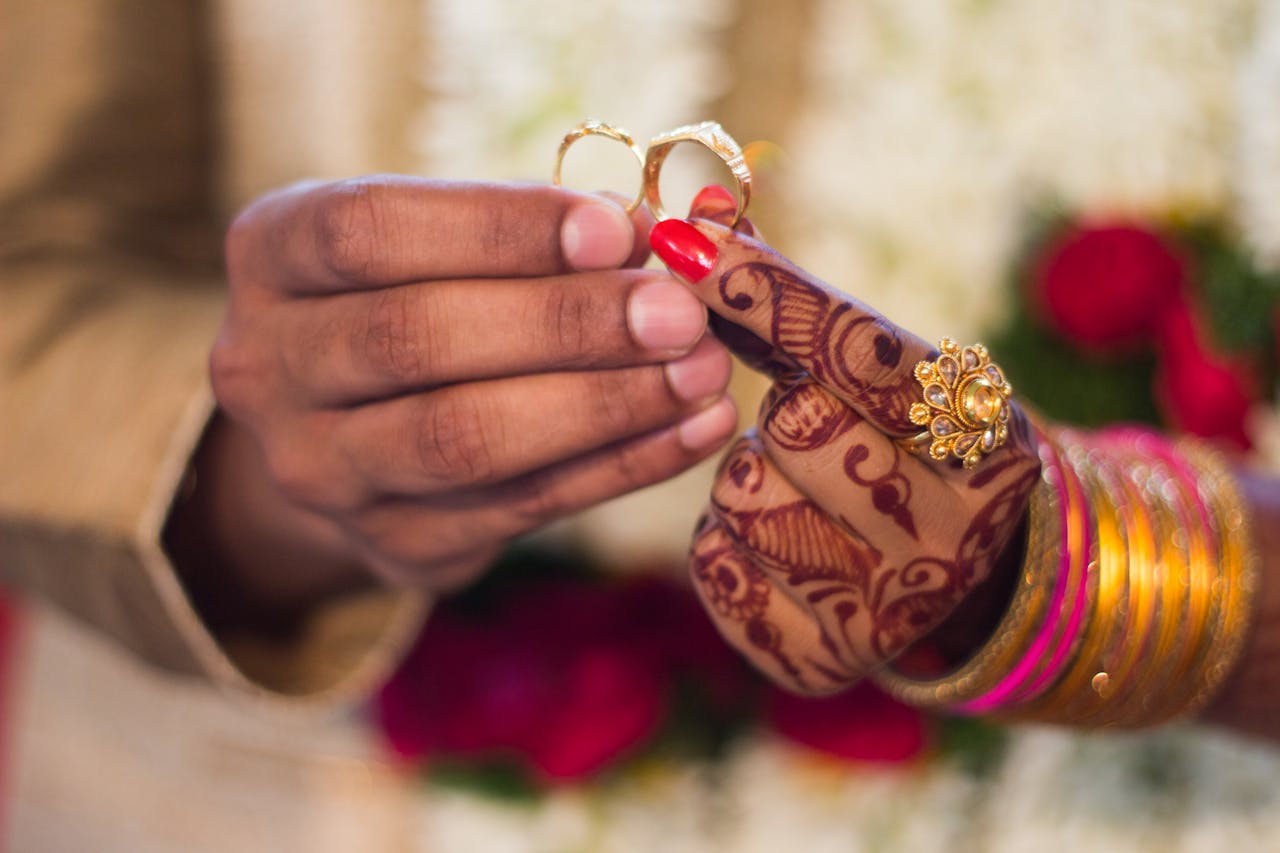
South Africa’s marriage laws set for biggest overhaul yet
South Africa is set to overhaul its marriage laws, with proposed changes including raising the legal marriage age and fully integrating same-sex unions.

South Africa’s marriage laws are on the brink of a major transformation as Parliament’s Portfolio Committee on Home Affairs pushes to unify all existing marriage legislation under a single Act.
This sweeping reform has ignited debates across the country, particularly around two key issues: raising the legal age of marriage and formally integrating same-sex unions into the legal framework.
Should the legal marriage age be raised to 21?
One of the most hotly contested proposals in the new Marriage Bill is raising the legal age of marriage from 18 to 21.
Currently, South African law allows minors under 18 to marry under certain conditions, while customary and civil law permit girls as young as 12 and boys as young as 14 to wed. The Bill proposes setting 18 as the minimum age for both sexes—but public consultations suggest many believe even that is too young.
Community members argue that 18-year-olds are often still in school, financially dependent, and lack the maturity to handle marriage.
“The issue has been raised repeatedly across different provinces,” said Portfolio Committee chairperson Mosa Chabane, highlighting widespread concerns from the public.
Same-sex marriage under scrutiny
The proposed legislation also aims to merge the Civil Union Act with other marriage laws, ensuring same-sex marriages are fully recognised under the unified Act.
Although same-sex unions are already legal in South Africa, their formal inclusion in the broader marriage framework has met fierce resistance from religious and traditional groups.
BusinessTech reports that many older men and religious organisations have expressed strong opposition, citing cultural and faith-based beliefs. However, Chabane pointed out that attitudes are slowly shifting, with some religious leaders now supporting the legislation’s inclusivity.
What’s next?
The Portfolio Committee is continuing nationwide public consultations, with hearings already held in Gauteng, KwaZulu-Natal, and the Eastern Cape. The next stops include the Free State, Northern Cape, and North West, where more South Africans will have the opportunity to weigh in on the debate.
Chabane reassured the public that no final decisions have been made yet. “The committee will carefully consider all public submissions before finalising the Bill for parliamentary debate,” he said.
With opinions sharply divided, the future of South Africa’s marriage laws hangs in the balance—will the reforms bring unity or further controversy?
